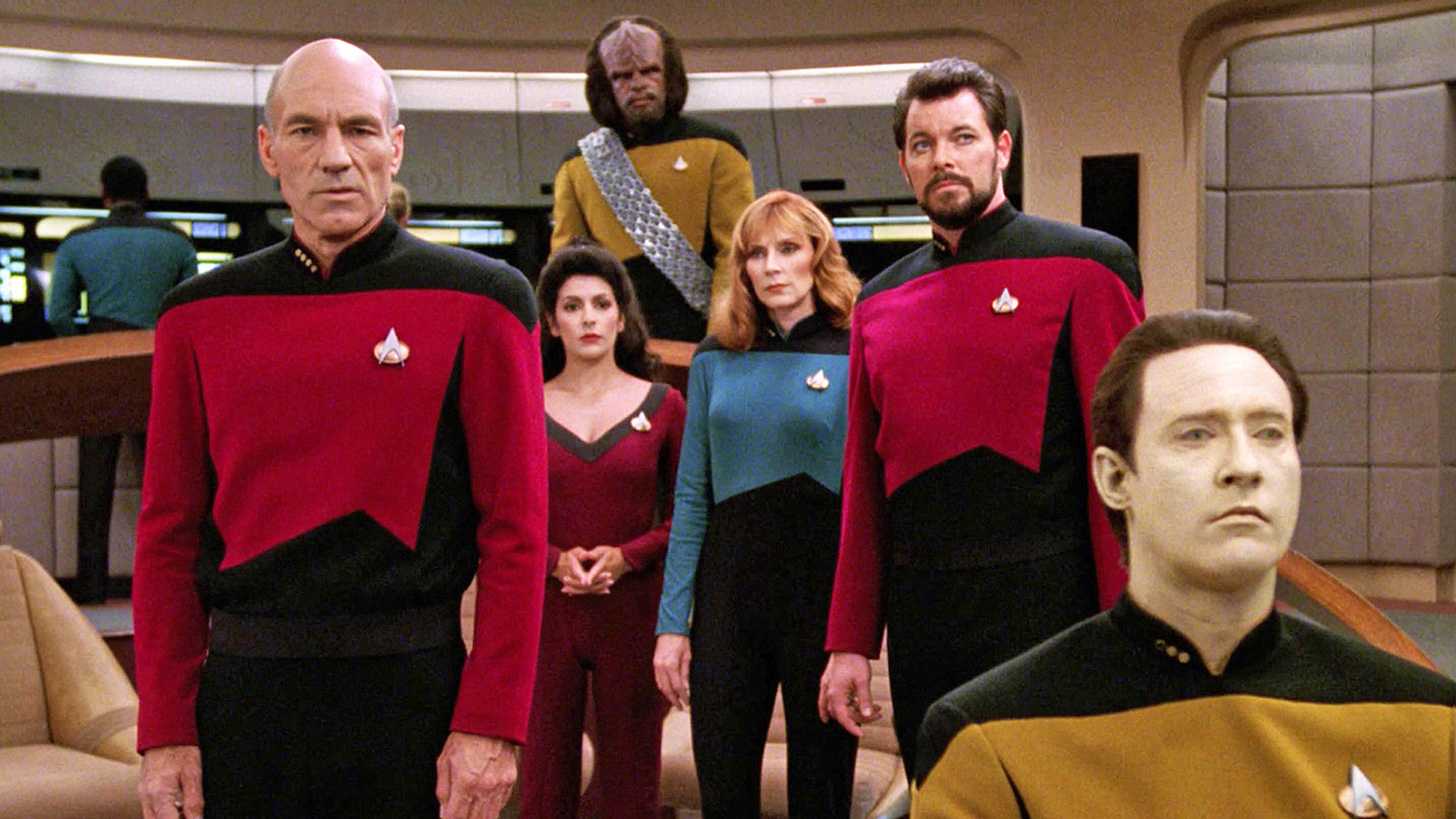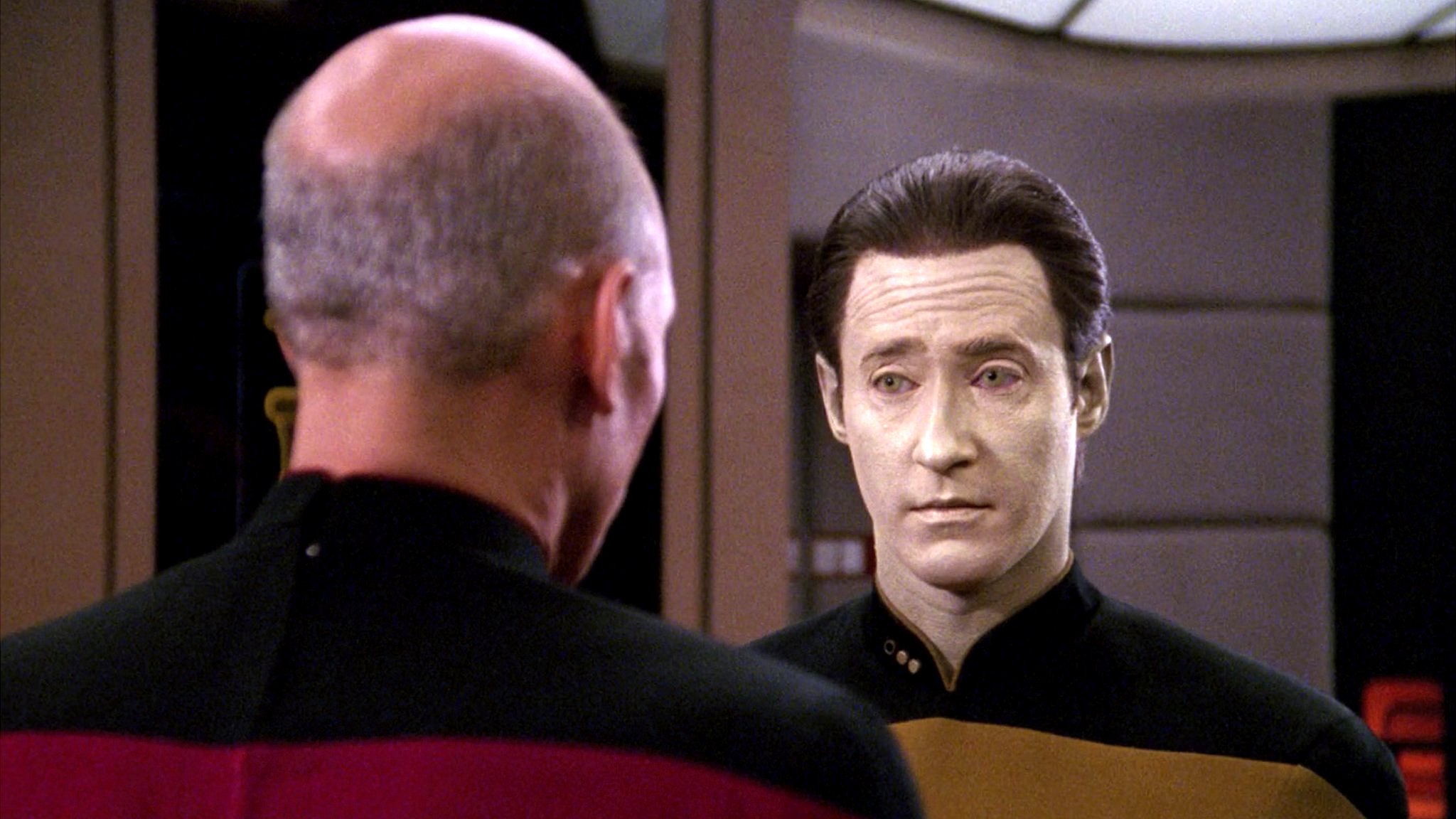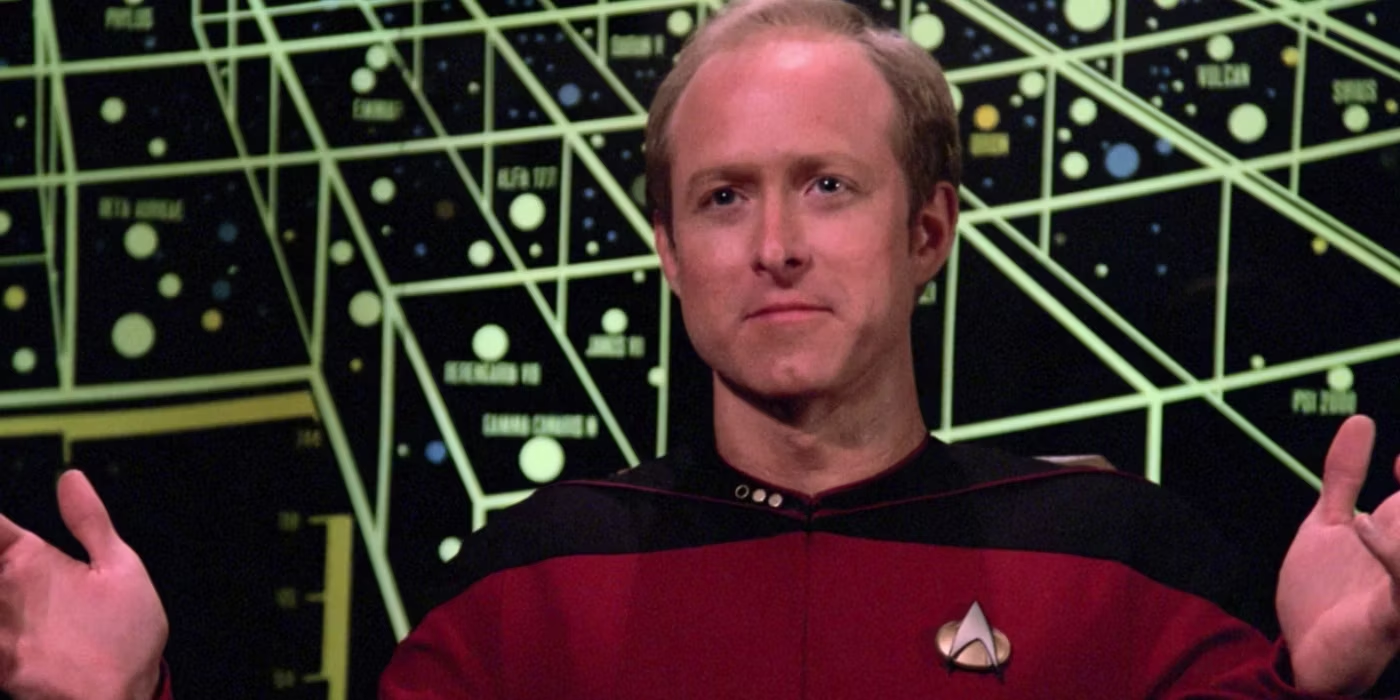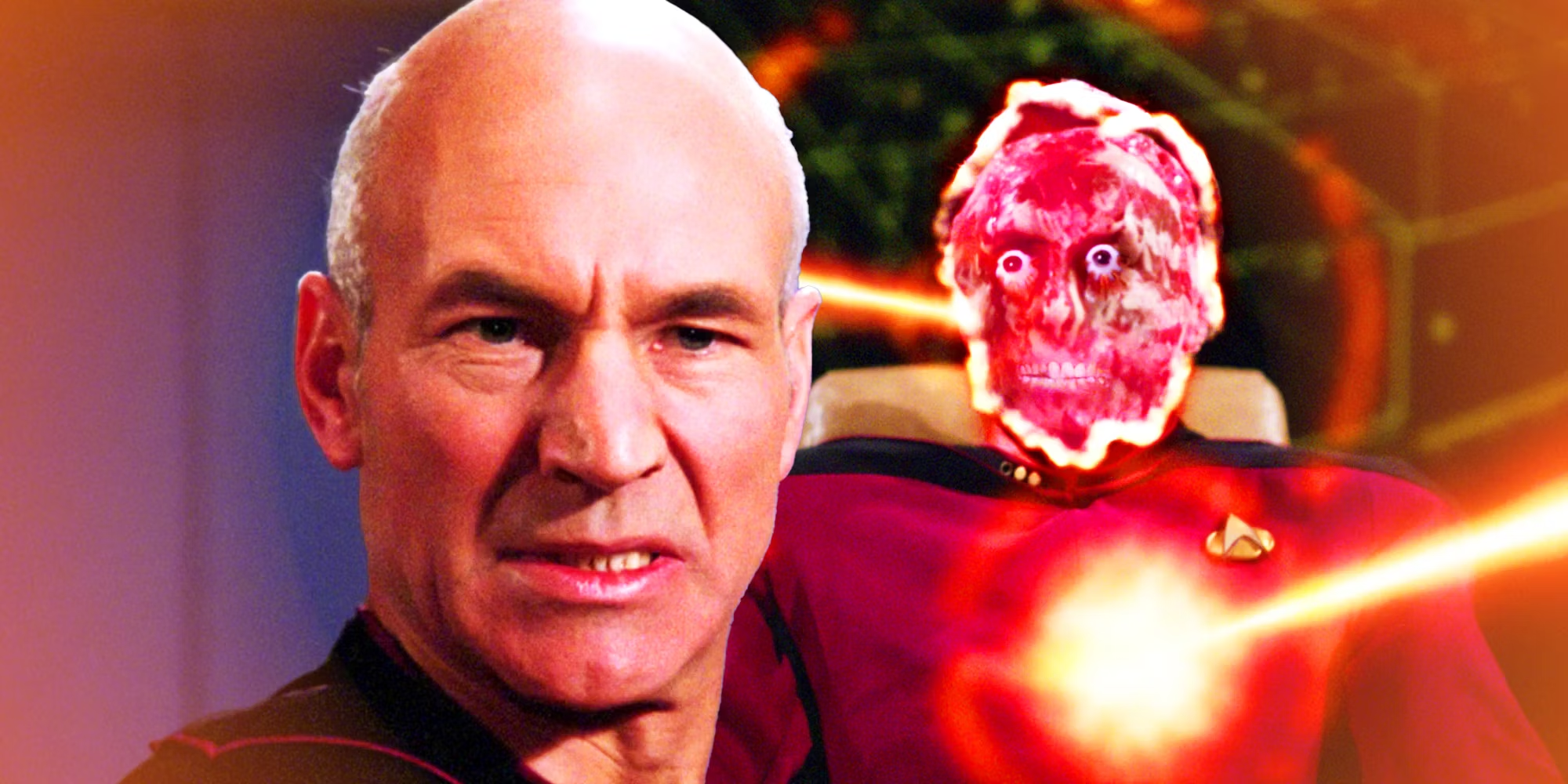Since its debut in 1987, Star Trek: The Next Generation (TNG) has been celebrated as a cornerstone of science fiction television, frequently listed among the greatest TV shows of all time. With its rich storytelling and complex characters, TNG not only captivated a diverse fanbase but also engaged viewers with thought-provoking narratives. However, not all its episodes were met with universal acclaim; one in particular faced significant backlash that led to its ban in the United Kingdom.

The Controversy Surrounding “The High Ground”
Aired in the U.S. in 1990, the third season episode titled “The High Ground” is notorious for its exploration of politically sensitive themes, notably terrorism and political violence. The episode features a fictional scenario involving the “Irish unification of 2024,” which, according to the character Data, was achieved through violent means. This reference to a hypothetical future event involving Ireland was deemed too sensitive for UK audiences, especially considering the ongoing real-world tensions in Northern Ireland at the time.
The portrayal of such a scenario during a period marked by actual violence led to the episode’s outright ban by the BBC. The broadcaster deemed the content inappropriate due to its potential to resonate too closely with contemporary political issues, reflecting the complexities of media influence on public perception and the fine line sci-fi narratives often walk when paralleling current events.

Melinda M. Snodgrass: Insight from the Writer’s Desk
The episode’s writer, Melinda M. Snodgrass, a former history major and law school graduate, crafted “The High Ground” with a keen awareness of historical and legal complexities.
Science fiction is incredibly important because it allows people to discuss difficult topics – but at arm’s length,
she remarked in an interview with the BBC. Her approach to the episode was to delve into the moral ambiguities of freedom fighting versus terrorism, prompting viewers to consider when, if ever, violence is justifiable.
Snodgrass’s writing reflects a deliberate choice to engage with contentious issues, utilizing the futuristic and fictional setting of TNG to explore real-world dilemmas without direct confrontation. This method, while provocative, underscores the value of science fiction in fostering dialogue on complex issues from a safe remove, providing a platform for reflection and discussion.

The Aftermath and Legacy of the Episode
Despite the controversy, “The High Ground” did not dampen the overall popularity of Star Trek: The Next Generation. The series continued to thrive, with its blend of high-concept entertainment and dramatic storytelling resonating with audiences worldwide. The episode itself, after initially being banned, was later broadcast in the UK with edits to remove the sensitive references.
The incident highlights the challenges and responsibilities of television writers and producers when their creative vision intersects with real-world issues. It also illustrates the enduring impact of Star Trek: The Next Generation as a cultural phenomenon that not only entertains but also challenges its viewers to think critically about the moral dimensions of contemporary social and political issues.
In the grand tapestry of Star Trek: The Next Generation, “The High Ground” stands as a testament to the series’ bold willingness to tackle difficult topics, reflecting the enduring relevance of the franchise in sparking conversation and debate on themes that extend far beyond the confines of its fictional universe.

![Banned Star Trek TNG clip from "The High Ground" (HD) [KhlavKhalash is dumb]](https://insiderfandom.com/wp-content/cache/flying-press/yiaUusr7YdY-hqdefault.jpg)